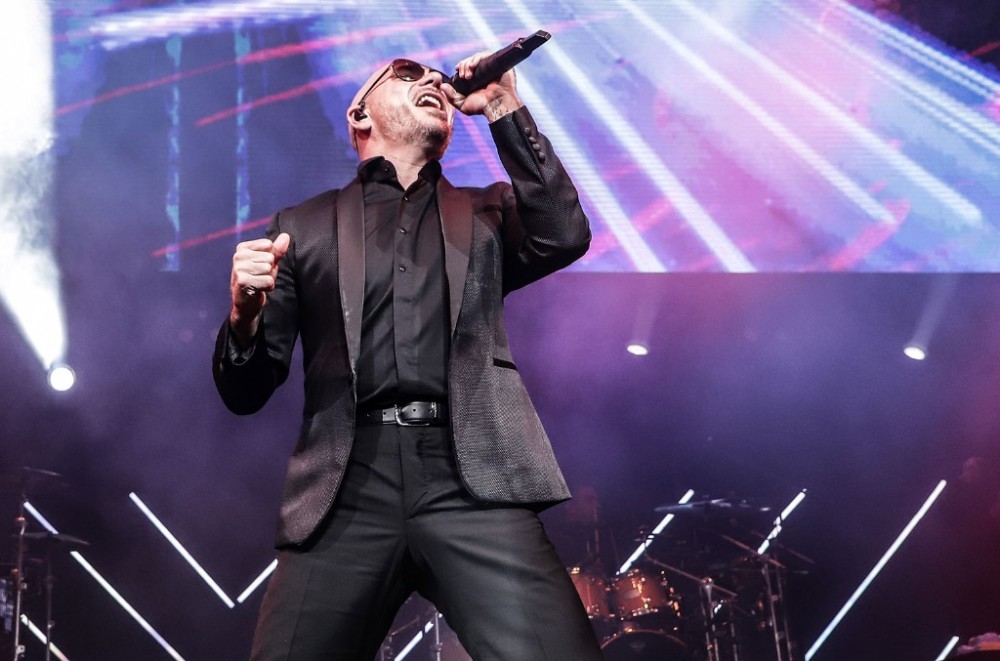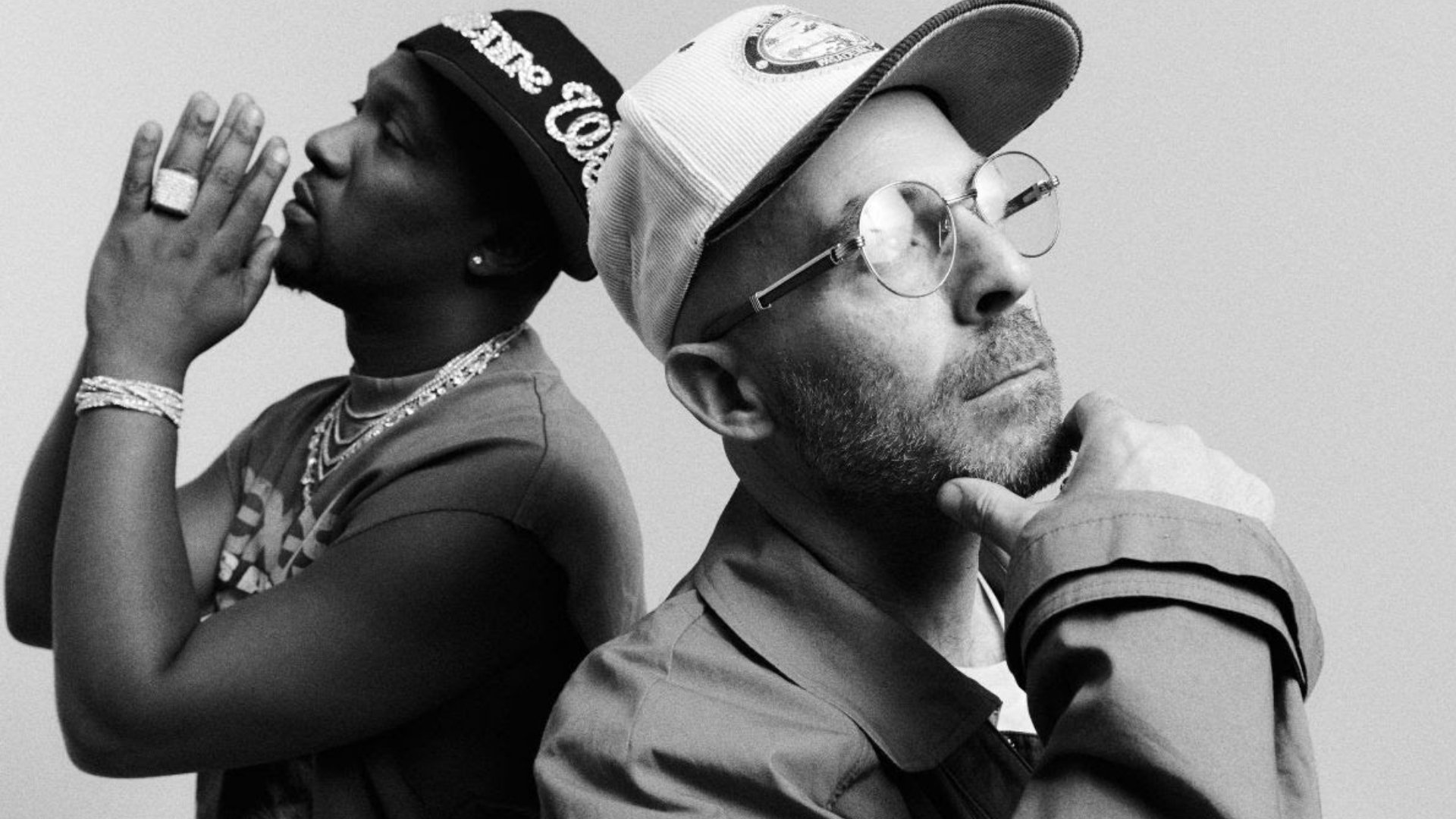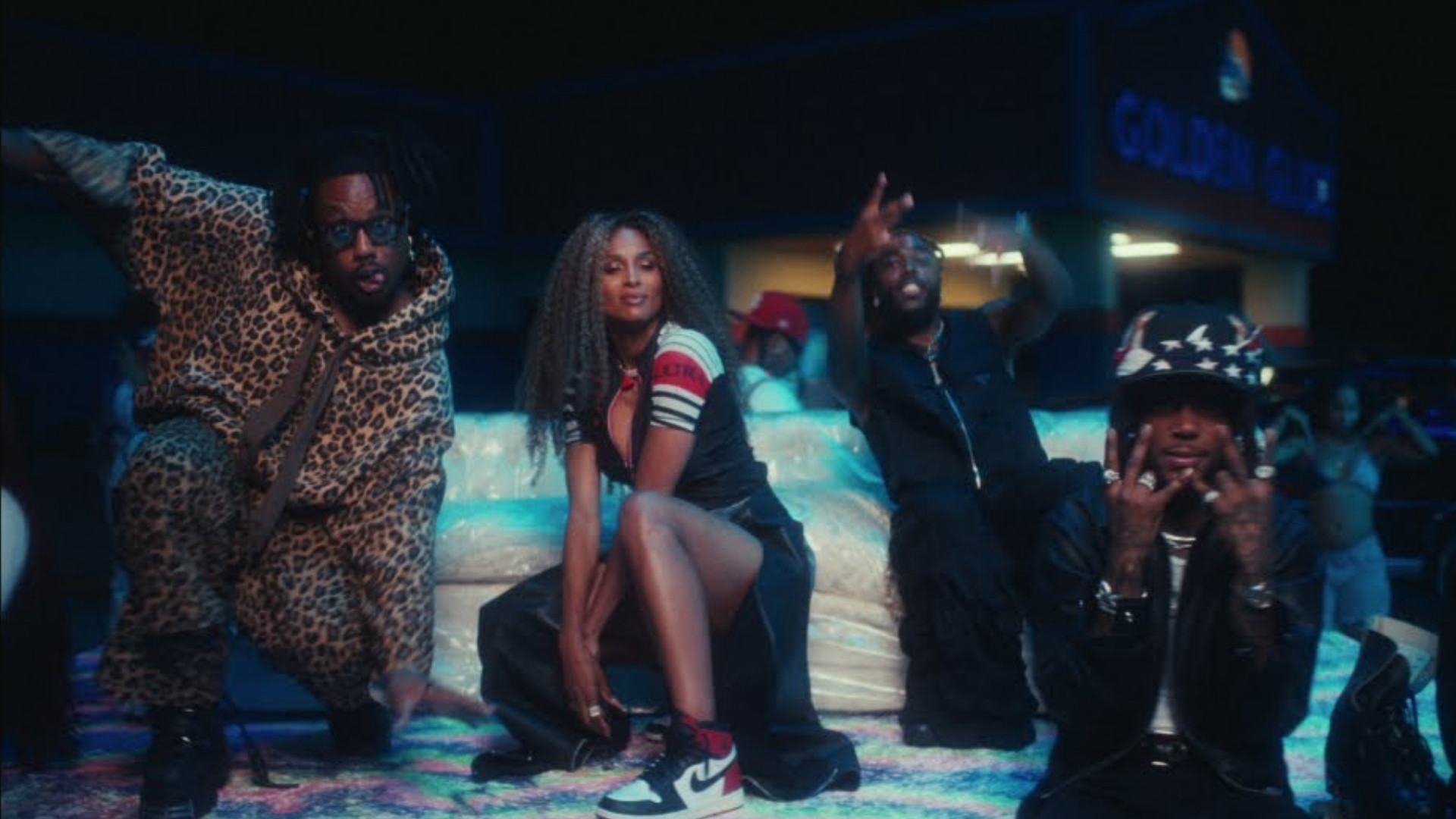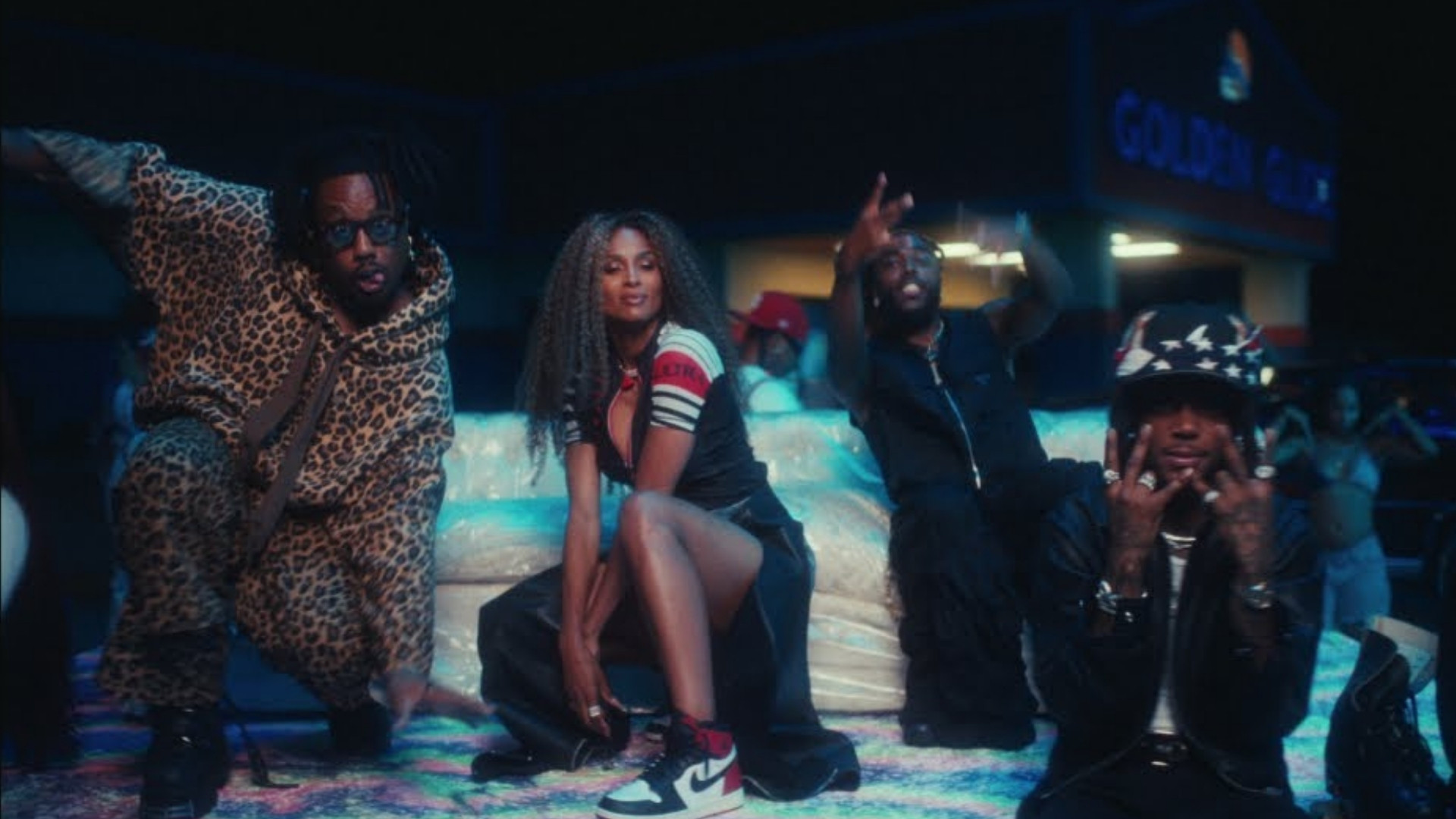The rapper’s “EEEEEEEYOOOOOO” grito is now officially his alone, and other artists could follow suit
The MGM lion’s roar that we hear before every film has a sound trademark. The NBC chime has a sound trademark.
Now, Pitbull‘s signature “EEEEEEEYOOOOOO” yell also has a sound trademark, joining the ranks of fewer than 40 sounds that fall under trademark protection. Pitbull’s legal team believes his now trademarked “EEEEEEEYOOOOOO” is the first trademarked call sign by a music artist.
“There is a very small sliver of trademarks having to do with sound identification marks. Copyright generally applies to music with respect to sound recordings and music publishing. This is different. This is a signature yell,” says Leslie José Zigel, the Chair of the Entertainment, Media & Technology Group at Greenspoon Marder, and also Pitbull’s general counsel.
Zigel, along with attorneys Justin F. McNaughton and Ryan Kairalla and Pitbull himself, authored an article published in Friday (April 17) by the NYU Journal of Intellectual Property and Entertainment Law. The article details how Pitbull developed his signature grito and what makes it unique enough to merit two trademark registrations, which were officially given on Oct. 8, 2019 by the U.S. Patent and Trademark Office (USPTO).
“He is joining an extremely exclusive club with relation to this, and that’s because his yell is so predominant and so recognizable that we got a trademark on it,” says Zigel.
For context, sound trademarks are extremely rare. According to the article, there are more than 2.6 million active trademark registrations in the United States. Of those, there are only about 250 active sensory trademark registrations. Of those, about 234 are sound trademarks, and of those, about 36 are “familiar sounds,” or sounds without words, yet associated with a particular good or service.
To obtain Pitbull’s grito trademark, his legal team had to persuade the USPTO that his yell is so closely associated with the artist, that even if his name is not uttered, or he isn’t present, people automatically think it’s him.
What that means, moving forward, is that anyone who commercially uses a Pitbull-sounding “EEEEEEEYOOOOOO” or a similar enough approximation without a license, could be liable for infringement. This would include television commercials, ad campaigns or even other people’s songs. “It’s another piece of intellectual property he owns,” says Zigel.
At least part of the motivation behind trademarking “EEEEEEEYOOOOOO” stems from a similar grito heard in J Balvin and Willy William’s hit “Mi Gente.” Pitbull wasn’t part of the song or subsequent remixes. And yet, according to the article, many thought he was, specifically because in second 52 of the song, a Pitbull-esque grito is heard. Pitbull’s response was to release his own remix of the song for his fans, opening the track with his grito.
Then, according to the article, “he registered the first call sign by a musical artist for sound recordings in the principal trademark register of the USPTO.”
Beyond Pitbull, the implications of the trademark could be huge. Especially with the popularity of rap and urban, multiple recording artists use common sound bites or catchphrases as a branding technique. It could be a matter of time, Pitbull’s legal team argues, before other artists try to follow suit.
“In terms of efficiency, there is no better way to stamp a sound recording than with a unique sound,” says the article. “Given the prevalence of these call signs throughout the music industry, it is only a matter of time before other music superstars embrace this valuable branding protection and seek to obtain registration for their unique sonic signatures, and they would be wise to do so.”



